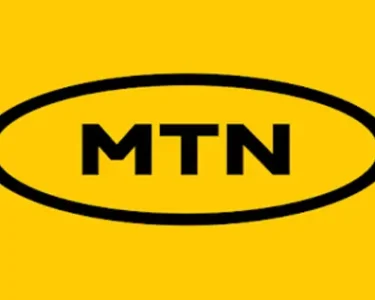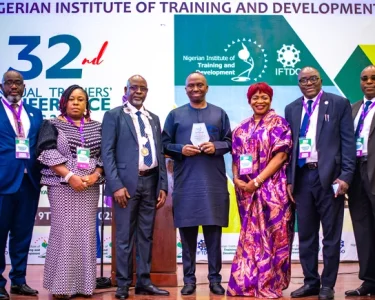The Federal Government has announced that it is currently reviewing the implementation process for a cost reflective electricity tariff, but stated that it would continue to subsidise power supply for vulnerable citizens in Nigeria.
It also announced that it would unbundle the Transmission Company of Nigeria by separating Transmission services from System and Market operations in the first quarter of this year.
The Minister of Power, Chief Adebayo Adelabu, who announced this in a statement issued by the Federal Ministry of Power in Abuja, further stated that in the medium to long-term, Nigeria’s power transmission grid would be separated into regional grids to enable effective management.
On Monday, reports of an impending electricity tariff hike was debunked by authorities.
Power distribution companies denied reports of electricity tariff hike beginning from January 1, 2024, stressing that the Nigerian Electricity Regulatory Commission had not issued any directive to that effect.
Power tariffs are normally reviewed every six months to reflect the economic realities across the country, based on inflation, cost of gas required to fire most power plants, among other factors.
In the statement, which focused on the new strategic direction of the Federal Ministry of Power, Adelabu said, “Our primary focus is enhancing distribution and transmission infrastructure to minimise technical and commercial losses. The lack of liquidity continues to be a significant challenge in the electricity market.
“We are currently reviewing the implementation process of a cost reflective tariff, while government will continue to subsidise power supply to those that are vulnerable in our society.”
Adelabu outlined other strategic actions to be taken by the power ministry: “Closing the meter gap is imperative, and ongoing initiatives, including World Bank programmes and the Presidential Metering Initiatives, will gain momentum.
“The ministry will intervene in distribution of infrastructure, supplying transformers to communities without burdening citizens financially.”
He further stated that rural electrification program would remain a priority, with plans for solar-powered mini/micro grids and street lights, while collaborating closely with Discos and state electricity boards.
Furthermore, he stated that in order to improve the transmission infrastructure, the Ministry has “reactivated the Presidential Power Initiative (Siemens Project) which will strengthen the national grid, and minimise technical losses.”
According to data from NERC, the Federal Government spent N375.8bn on electricity subsidy between January and September 2023, as power consumers paid a total of N782.6bn for the commodity during the same period.
The report stated that in the first quarter of this year, the Federal Government subsidised power by N36bn, this increased to N135.2bn in the second quarter, and jumped to N204.6bn in the third quarter.
The NERC also said subsidy was provided in the third quarter of 2023 due to the absence of cost-reflective tariffs.
“In the absence of cost-reflective tariffs, the government undertakes to cover the resultant gap (between the cost-reflective and allowed tariff) in the form of tariff shortfall funding. This funding is applied to the NBET (Nigerian Bulk Electricity Trading Company) invoices that are to be paid by Discos.”




